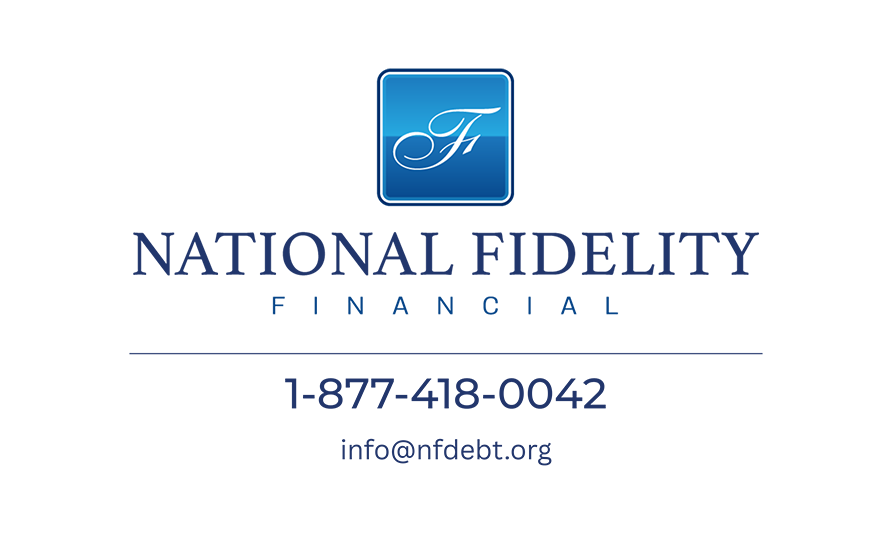An In-Depth Analysis of Ways National Fidelity Financial Can Help
If your business or personal finances are under pressure, our team at National Fidelity Financial is here to guide you. We specialize in helping clients secure unsecured loans, settle long-term debt, and regain control.
Debt can feel like a heavy weight — especially when interest and obligations pile up. Whether it’s credit cards, student loans, or a burdensome mortgage, we’re here to walk you through real, actionable solutions.

What Are Debt Relief Programs?
These are services designed to help reduce or eliminate your debt through negotiation, restructuring, or consolidation. These may be offered by companies, nonprofits, or government agencies — all with the same goal: getting you a payment plan that works.
Types of Debt Relief Programs
Debt Consolidation
Use one new loan to pay off multiple debts, simplifying your repayment and often lowering your interest rate.
Debt Settlement
Let us negotiate with creditors to reduce the amount you owe. You pay less — faster.
Credit Counseling
Work with certified counselors who can recommend a debt management plan (DMP) based on your situation.
Bankruptcy
When necessary, bankruptcy can provide a fresh start — but it comes with long-term credit impact.
Government Relief Programs
Programs like student loan forgiveness or income-driven repayment options may apply in some cases.
Advantages of Debt Relief Programs
- Reduced Financial Strain: Lower payments mean lower stress.
- Simplified Payments: Fewer accounts, fewer headaches.
- Lower Interest Rates: Reduce how much you pay in the long run.
Drawbacks & Risks
- May temporarily reduce your credit score
- Some programs come with fees or settlement costs
- Scams are common — always verify legitimacy
Alternatives to Debt Relief
Personal / Equity Loans
Borrow against better terms to pay off higher-interest debt.
Snowball & Avalanche
Tackle debt one at a time based on balance or interest rate.
Creditor Negotiation
Contact creditors directly for modified payment terms.
Talk to a Certified Debt Expert
There’s no fee to get started, and no pressure to commit. Just real advice, from real professionals.
Get Your Free ConsultationOr call us at 877-418-0042
